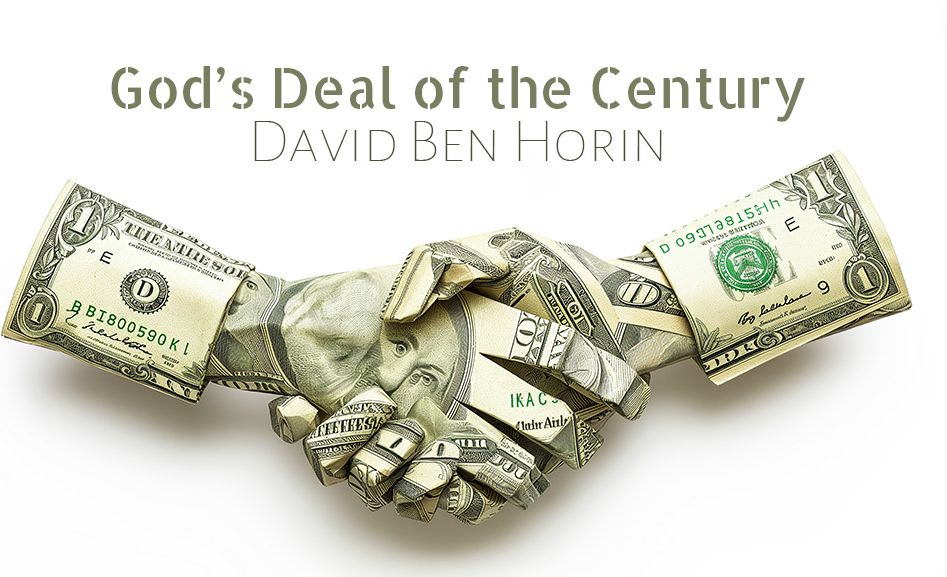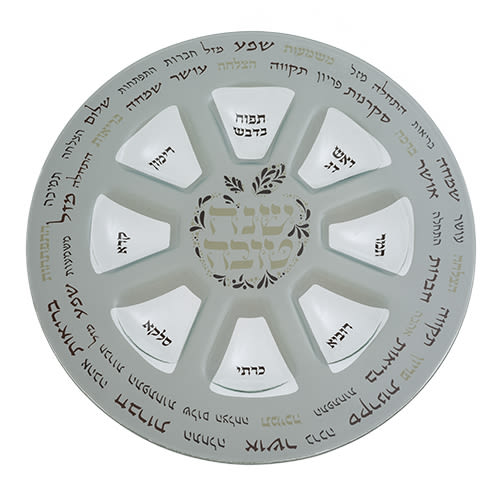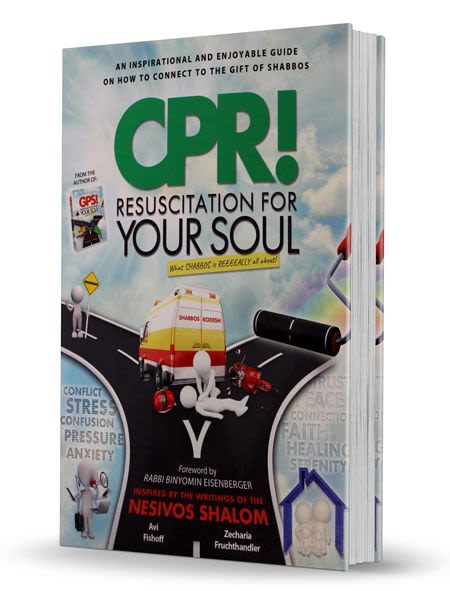
Charity Prevents Penalties
Many penalties and other forms of financial loss occur when a person gives insufficient charity. The Talmud teaches...

Many penalties and other forms of financial loss occur when a person gives insufficient charity.
The Talmud teaches (Tractate Bava Basra 10a) that a person’s income is preordained from Rosh HaShanah, just as his losses are preordained from Rosh HaShanah. If one so merits, money given to charity takes the place of financial loss. When one lacks the merit of charity, financial loss manifests itself in taxes, penalties (such as traffic and parking tickets), doctor bills, broken appliances, and so forth. Consequently, charity prevents penalties.
Rebbe Yochanan ben Zakkai had a dream on the night after Yom Kippur (Ibid.) that his nephew was destined to lose seven-hundred dinars that year. Rebbe Yochanan therefore hounded his nephew all year long for donations to a number of charitable endeavors. By the year’s end, Rebbe Yochanan had extracted 683 dinars in charitable donations from his nephew.
On the eve of Yom Kippur, a Roman tax collector appeared on the nephew’s doorstep and demanded the sum of seventeen dinars in back taxes. The nephew and his family trembled even after the tax collector left, worried that they were now under the close inspection of Caesar’s cruel occupation government. When they expressed their fears to their saintly uncle Rebbe Yochanan, he said, “Don’t worry! The seventeen dinars is all that you are liable – you won’t have to pay an agora [a cent] more!”
“How do you know?” questioned the skeptical nephew. “Do you have connections with the tax authorities, or maybe you’re a prophet?”
“I have no connections to the authorities, nor am I a prophet or the son of a prophet. Yet, I do have connections with the supreme ruler – Hashem! At the beginning of this year, He showed me how much you stood to lose – 700 dinars. I almost succeeded in extracting the entire sum from you for charity. But, since you still owed seventeen dinars, the tax collector served as a messenger to complete your predestined loss! If you hadn’t previously donated the 683 dinars to charity, then you’d have lost the entire 700 dinars to tax collectors and other cruel messengers, receiving only grief in return. But, since you now have the merit of charity, you’ll see blessings and success in everything you do!”
“Dear Uncle,” cried the nephew and his family, embarrassed by all the time and effort their saintly uncle exerted in their behalf all year long, “why didn’t you explain that to us in the beginning of the year? If we knew that the financial loss was preordained, and that charity is a substitute for penalty, we’d have gladly given the entire sum to charity!”
“I wanted you to give charity with no ulterior motive,” replied Rebbe Yochanan ben Zakkai, “and not just to save yourselves from a Heavenly edict.” The nephew and family thanked him, and committed themselves to give as much charity as they possibly afford, having learned the power of this lofty mitzvah.
Frequently, the financial loss that people suffer is simply the competing payment of a preordained penalty for the current year. Heavenly accounting is exacting to the penny; but, whenever we take the initiative and willfully give to charitable causes, we prevent the anguish of losing money in all kinds of negative circumstances.
Atonement for Sins
The preordained annual financial losses aren’t the only root causes of losing money. Transgressions can also invoke additional financial loss, for one’s dearest possessions (health, money, and so forth) are atonement for sin. Preemptive charity prevents penalties in this area as well. A person who willfully gives charity not only cleanses sin, but reaps the wonderful benefits of this important mitzvah. Without charity, a person becomes a triple loser: First, he or she will have to involuntarily part with their money; second, they’ll have to suffer the pain, anguish, and accompanying aggravation that are related to a specific financial loss; and third, they forfeit the benefits that they would have earned had they given charity.
To avoid being a three-time loser, a person should become accustomed to giving charity on a regular basis. The satisfaction of donating to the worthy poor, to the sick, to those in need (both material and spiritual), and to the advancement of Torah study in the world is infinitely preferable than losing money on medical bills, broken appliances, car breakdowns, taxes and fines. Whereas the latter brings only grief, the former serves as a first-class ticket to success in this world and eternal happiness in the next world.
Let’s go back to the state trooper that pulled us aside [in our previous excerpt of last week]: Our quick self-evaluation should be whether or not we gave enough charity. Without thinking twice, we should pledge an additional amount to charity, and say outright, “I hereby pledge (this amount) to (your good cause)!”
Charity is a tremendously worthy deed. If the lack of charity was the reason that a person was stopped by a policeman, then the pledge of charity can almost instantaneously tip the scales of harsh judgments in the opposite direction. Hashem can turn the state trooper’s heart around, and turn a four-hundred dollar four-point fine into a mere vocal warning. With charity, the entire predicament can turn itself around for the best.
To be continued…














Tell us what you think!
Thank you for your comment!
It will be published after approval by the Editor.